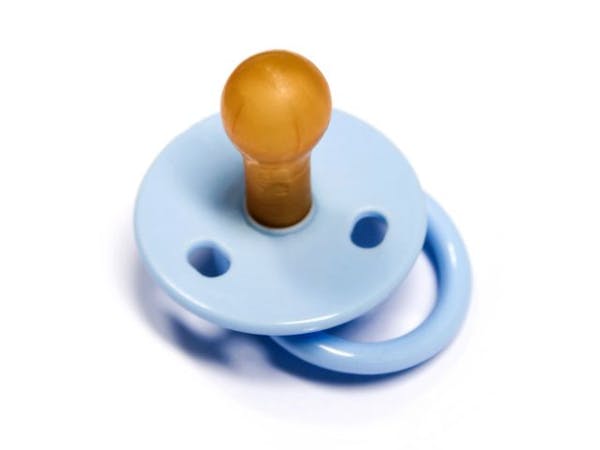It was 40 years ago this month that the U.S. Supreme Court legalized abortion in the historic Roe vs. Wade decision. This landmark ruling affirmed that the constitutionally protected right to privacy includes every woman's ability to make her own personal medical decisions, without the interference of politicians.
Four decades later, a majority of Americans still agree with the high court: Personal health care decisions should be left up to a woman.
In poll after poll, the majority of Americans support access to safe and legal abortion in some or most cases. A Quinnipiac poll taken in February 2012 found that nearly two-thirds of American voters support Roe vs. Wade, with a mere 31 percent disagreeing with the historic court decision. In addition, a postelection poll from the Pew Research Center found that 64 percent of voters younger than 30 think abortion should be legal in all or most cases.
But interestingly, the way people identify with the issue has shifted over the years. No longer do labels like "prochoice" and "prolife" reflect the way people think about abortion. The fact is, generations of Americans -- across party lines -- understand that it's just not that simple.
Abortion is deeply personal, often complex, and not something that can be put squarely in a "pro" or "anti" box. Indeed, the number of Americans who support access to safe and legal abortion is consistently higher than those who identify as "prochoice." And many Americans self-identify as both "prochoice" and "prolife," or neither.
What unites people -- and what doesn't need a label -- is the shared belief that politicians should not interfere in a woman's personal decision about her pregnancy. And an underlying principle to such a complex decision is that none of us can understand a woman's specific situation. We don't walk in her shoes.
Undoubtedly, voters made it clear this year that they are opposed to policies that demean and dismiss women. In November's election, voters rejected some of the nation's most vocal and extreme opponents of safe and legal abortion. Yet, despite the outcome of the election, we continue to fight politicians who are intent on banning or chipping away at abortion access.
In state after state, legislators have put forward bills that seek to limit a woman's ability to make her own decisions about her pregnancy. In South Dakota, for example, politicians in Pierre have spent a significant amount of time making abortion extremely limited and heavily restricted in the state -- even though South Dakotans have twice decisively voted to protect access to abortion.
Here in Minnesota, were it not for Gov. Mark Dayton -- a true champion of women's health -- we would currently be implementing dangerous restrictions on women's access to abortion that were passed by the 2011-12 Legislature.
Simply put, these attacks on women's health fly in the face of public opinion, are politically unpopular and are extremely dangerous to women and their families. To protect their health and the health of their families, women must have access to safe, legal abortion services without interference from politicians, as protected by the highest court.
At Planned Parenthood -- a leading women's health care provider and advocate in our region -- we work every day to reduce the number of unintended pregnancies and keep women healthy. We understand that a woman should have accurate information about all her options regarding her pregnancy, and that this information should support a woman and help her make a decision for herself. Ultimately, decisions about whether to choose adoption, end a pregnancy or raise a child must be left to a woman, her family and her faith, with the counsel of her doctor or health care provider.
We trust and support women in whatever decision they make -- this is our promise. We've protected access to abortion for women for 40 years, and we will continue to protect it for the next 40.
----------------------
Sarah Stoesz is president and CEO of Planned Parenthood Minnesota, North Dakota, South Dakota.

The little park that could … be better
Climate change looms large this election year
For this Minnesota legislator, action targeting child abuse is intensely personal


